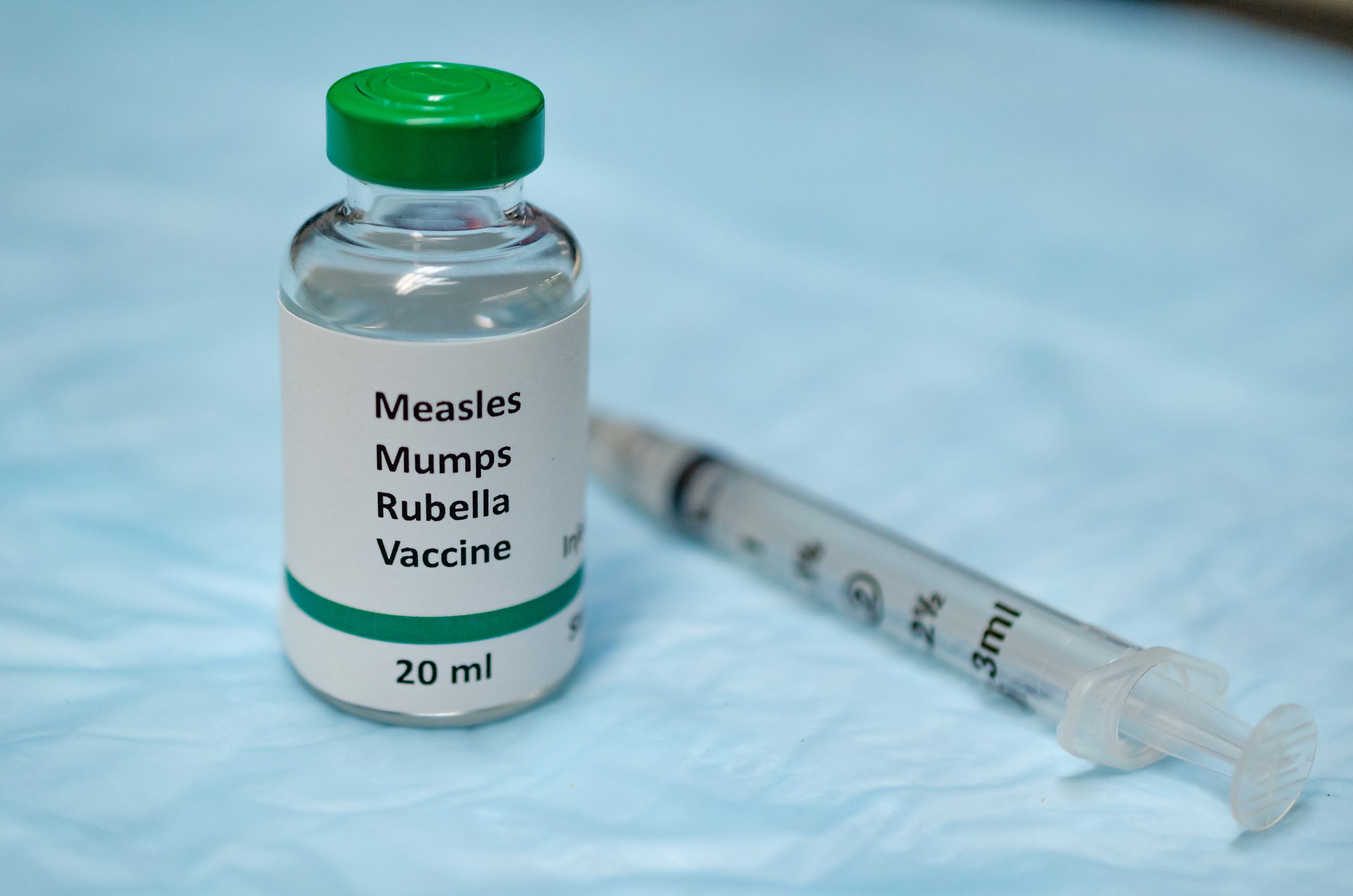Misinformation about the safety of vaccines could be driving hesitancy among some parents, experts have warned.
None of the main childhood vaccines met the target needed this year to ensure diseases cannot spread, according to the UK Health Security Agency (UKHSA), with one in five children starting primary school without protection against a number of serious conditions.
Paul Hunter, professor of medicine at the University of East Anglia, said information shared online that is not rooted in scientific evidence could be one reason for the decline.
“I think there is a lot of misinformation around vaccines, particularly around the MMR vaccine,” he told The Independent. “They are seeding doubts into people’s minds that probably wouldn’t have been there before.”
He stressed that we need to “get into marginalised communities that might be fearful and make sure they understand what’s going on, and vaccinate them”.
Dr Ben Kasstan-Dabush, from the London School of Hygiene and Tropical Medicine, urged people “to be cautious” of vaccine information on social media as “it may not be based on scientific evidence”. Instead, he suggested reading the NHS website or calling the GP surgery.

The World Health Organisation (WHO) recommends that at least 95 per cent of children should receive vaccine doses for each illness to achieve herd immunity. However, none of the main childhood vaccines in England reached this target in 2024-2025, new figures from UKHSA show.
Just 83.7 per cent of five-year-olds had received both MMR doses, a decline from 83.9 per cent year-on-year and the lowest uptake since 2009-2010.
Coverage for the Hib/MenC vaccine, which protects against haemophilus influenzae type B and meningitis C, stood at 88.9 per cent for children in England aged five, down from 89.4 per cent in 2023-2024 and the lowest level since 2011-2012.
The uptake of the four-in-one pre-school booster vaccine – which protects against polio, whooping cough, tetanus and diphtheria – stood at just 81.4 per cent among five-year-olds in England in 2024/25. This is down from 82.7 per cent the previous year and the lowest since record data began in 2009-2010.
So far this year, there have been 145 cases of measles since the last report on 3 July, bringing the total since 1 January to 674 cases. London and the North West are driving the current increase, with the majority of infections in children aged under 10.

“Measles is not a mild disease, people used to die and they still can,” warned Keith Neal, emeritus professor in the epidemiology of infectious diseases at the University of Nottingham.
Urging parents to vaccinate their children against the serious airborne disease, he added that it “wipes the immune system” so a child can easily catch it again, and those with the illness also need to isolate for 21 days.
Professor Helen Bedford, from Great Ormond Street Institute of Child Health, explained that if children are not vaccinated, many of these diseases will come back.
She said: “We have seen this vividly this year in England where numbers of cases of measles have been higher than for over a decade with many children hospitalised and, very sadly, a death. So, it is very concerning that each year for the past fifteen, there has been a small decline in vaccine uptake. Latest uptake figures show this trend is continuing.”
Childhood vaccination coverage varies greatly geographically, and continues to be lowest in London but higher in the North.
Pre-school booster rates for Cumbria are at 94.3 per cent, Country Durham and East Riding of Yorkshire are at 93.7 per cent, and Barnsley rates are at 92.8 per cent, compared with the overall England coverage of 81.4 per cent.
Health minister Stephen Kinnock said: “We know parents want to do right by their children and we’re working with the NHS to make it easier for all families to access these life-saving vaccines.
“Vaccines save thousands of lives every year and prevent countless hospital admissions. I urge all parents to check their child’s vaccination record and contact their GP practice if any jabs are missing.”
Dr Amanda Doyle, NHS national director for primary and community services, said: “NHS teams have been running catch-up campaigns and targeted outreach programmes across the country to make it as easy as possible to get up to date but if your child is not protected, or you are not sure, please do contact your GP surgery as soon as possible to book in an appointment – it could save their life.”
